11 ways to feel more relaxed
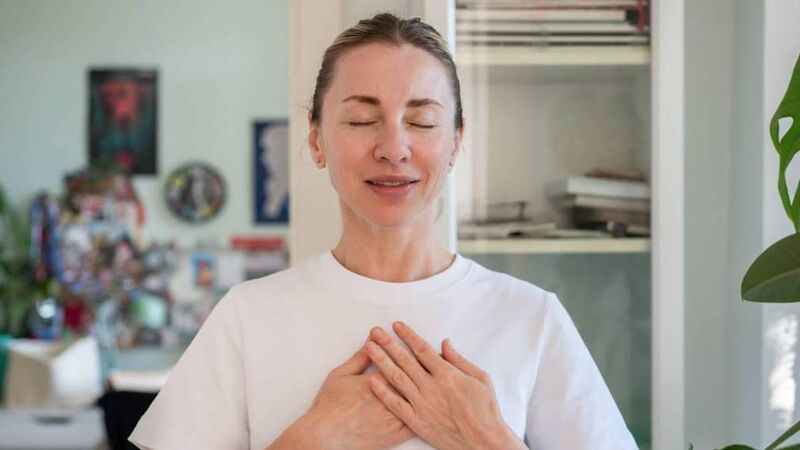
Relaxation doesn’t have to be complicated or time-consuming, says Dr Heather McKee
In a world where stress levels are at record highs and our days are increasingly dominated by screens and endless to-do lists, taking time to pause has never been more important.
Yet, for many, ‘relaxation’ feels a luxury, not a necessity. To mark World Relaxation Day 2025 on August 15, I am sharing my evidence-based strategies to help people find calm in even the busiest of lives.
With over a decade of experience in health behaviour change psychology, my 11 proven tips show how tiny, science-backed changes can have a profound effect on our wellbeing, from building simple rituals and using sensory cues to creating micro-moments of stillness throughout the day.
My focus: making relaxation practical, realistic, and accessible, so it becomes part of daily life, not just something we chase on weekends or holidays.
High stress levels are taking a toll on our sleep, focus and overall health, making daily relaxation rituals essential for protecting wellbeing before stress takes hold.
1. Reconnect with your ‘why’
When life gets busy, it’s easy to forget why you’re trying to slow down in the first place. Ask yourself: ‘Why do I want more calm in my day?’ Is it to feel more present, to improve your sleep, or simply to feel more like yourself?
Connecting to your deeper reasons makes your commitment to relaxation more resilient even on the tough days.
2. Start small and celebrate success
Relaxation doesn’t have to mean hours at a spa. A five-minute walk without your phone, a quiet cup of tea, or stretching before bed can all count.
What matters most is consistency and recognising these small wins a quick ‘I did that’ moment helps build lasting momentum.
3. Anchor your day with a ritual
Rituals are more than routines; they carry emotional weight. They can be as simple as lighting a candle before work or spritzing your pillow each night.
Predictable, meaningful rituals help tell your brain: this is my time to relax.
Choose all-natural and organic candles and room sprays to avoid added nasties. Try Irish brand VOYA’s Lavender, Rose and Camomile Candle or their Relaxation Sleep pillow spray.
4. Redesign your environment to make relaxation easier
Behavioural science shows we do what’s easy and visible. So, if you want to unwind more, set your environment up for success.
Place a calming object like a rollerball or relaxing book beside your bed. Keep your bath salts within arm’s reach of your bathtub. Make the relaxing choice the easy one.
5. Let your body lead your mind
Movement is one of the fastest ways to shift your mental state. It doesn’t have to be a workout; think of gentle movement as a way to release tension and reset your nervous system.
A short walk, a few stretches, or swaying to music in your kitchen can all count.
Research shows even two minutes of mindful movement can reduce stress and increase feelings of calm. The key? Do it slowly, with intention, let your body show your brain that it’s safe to relax.
6. Create a bathing ritual
A warm bath is one of the most powerful physiological signals to relax. It helps lower cortisol levels, soothes muscle tension, and gently raises your body temperature, which in turn improves sleep quality. Try soaking in dim lighting, with music or silence and if you’d like to boost the benefits for your skin too, I personally love adding a seaweed soak packed with collagen and antioxidants.
7. Use scent as a relaxation cue
Scent is deeply connected to the brain’s emotional centres. By placing calming fragrances like lavender, rose or chamomile in strategic areas of your home, a reed diffuser in the hallway, a candle at your work desk you can train your mind to associate these aromas with a sense of calm.
The gentle glow of a candle, for instance, isn’t just beautiful; it can also calm alertness and reduce stress responses.
8. Build the skill of savouring
Savouring, the act of lingering on a pleasant experience, is a powerful mental habit. Take 90 seconds to fully absorb something joyful: the warmth of a cup of tea, the view from your window, or the softness of a blanket. The more you practice, the more your brain becomes wired to notice life’s small pleasures.
9. Set a consistent context for your habits
We’re more likely to stick with habits when they happen in the same place and at the same time. Choose a specific time to unplug each evening or set a daily wind-down alarm.
10. Create a dedicated calm nook
Designate a small corner of your home, a bedside table, a comfy chair, even a window ledge, as your personal relaxation space. Add things that bring you peace: a candle, journal, soft lighting, an organic reed diffuser or a plant.
Over time, returning to this spot will train your brain to associate it with unwinding.
11. Breathe like you mean it
Your breath is the most accessible relaxation tool you have, and it’s free. When you’re stressed, your breath often becomes shallow and fast. Flip the switch by breathing deeply and slowly: try inhaling for 4, holding for 4, exhaling for 6. Just one minute of this can calm your nervous system and help you feel more centred. It’s a portable reset button you can use anytime, anywhere.
Relaxation doesn’t have to be complicated or time-consuming, sometimes it’s as simple as pausing to breathe, noticing what feels good, and making space for moments that matter. Our wellbeing isn’t built in the big moments; it’s built in the small, everyday choices we repeat.
This World Relaxation Day, my advice is simple: start with one change, however small, and give yourself permission to slow down. The benefits, for your health, happiness and focus, are too important to put off.
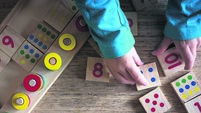
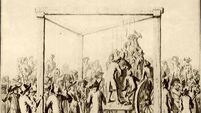
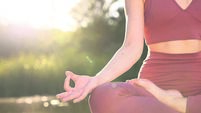
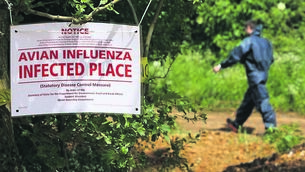



 App?
App?




